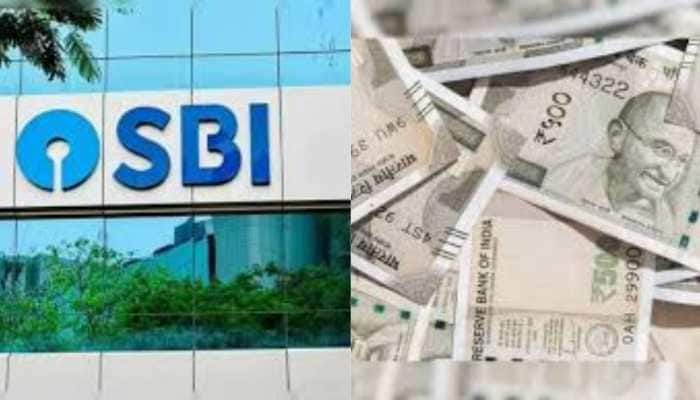Tax sops key to success of Reits, InvITs, says Sebi official
Realty players and investors have been seeking more clarity on the taxation structure for newly-created Reits and InvITs.
Trending Photos
)
Mumbai: Tax incentives are key to the success of Real Estate Investment Trusts (Reits) and Infrastructure Investment Trusts (InvITs), a senior Sebi official has said.
In September, market watchdog Sebi had notified the norms for listing of business trust structures, Reits and InvITs, that would help attract more funds in a transparent manner into realty and infrastructure sectors.
Both the structures, norms of which were approved by the regulator in August, would get tax incentives.
"Countries like Singapore and Hong Kong had launched Reits but did not give any tax incentives because of which they did not kick off well. The whole Reits structure is motivated by tax benefit. If it is given, then it will work or else it will not," Sebi executive director Ananta Barua said here over the weekend.
Realty players and investors have been seeking more clarity on the taxation structure for newly-created Reits and InvITs.
Barua said there are four levels of taxation involved in both Reits and InvITs, which need to be addressed.
"Taxation is involved at four stages--first while structuring and transferring assets to Reits or InvITs, second when they distribute income to its investors, third when they are traded and fourth time when there is an exit. These are heavy stages so tax issues have to be addressed," he stated.
For both trusts, the minimum initial offer size should be Rs 250 crore with a public float of at least 25 percent. The minimum asset base for these trusts to get listed is Rs 500 crore.
To ensure transparency, these trusts would be subject to stringent norms on disclosure as well as related party transactions, Sebi has said.
Reits and InvITs are required to make investments either directly or through special purpose vehicles (SPV). In case of publi-private-partnership projects, money can be put in only through SPV.
In September, market watchdog Sebi had notified the norms for listing of business trust structures, Reits and InvITs, that would help attract more funds in a transparent manner into realty and infrastructure sectors.
Both the structures, norms of which were approved by the regulator in August, would get tax incentives.
"Countries like Singapore and Hong Kong had launched Reits but did not give any tax incentives because of which they did not kick off well. The whole Reits structure is motivated by tax benefit. If it is given, then it will work or else it will not," Sebi executive director Ananta Barua said here over the weekend.
Realty players and investors have been seeking more clarity on the taxation structure for newly-created Reits and InvITs.
Barua said there are four levels of taxation involved in both Reits and InvITs, which need to be addressed.
"Taxation is involved at four stages--first while structuring and transferring assets to Reits or InvITs, second when they distribute income to its investors, third when they are traded and fourth time when there is an exit. These are heavy stages so tax issues have to be addressed," he stated.
For both trusts, the minimum initial offer size should be Rs 250 crore with a public float of at least 25 percent. The minimum asset base for these trusts to get listed is Rs 500 crore.
To ensure transparency, these trusts would be subject to stringent norms on disclosure as well as related party transactions, Sebi has said.
Reits and InvITs are required to make investments either directly or through special purpose vehicles (SPV). In case of publi-private-partnership projects, money can be put in only through SPV.
Stay informed on all the latest news, real-time breaking news updates, and follow all the important headlines in india news and world News on Zee News.
Advertisement
Live Tv
Advertisement







)
)
)
)
)
)
)
)
)
)
